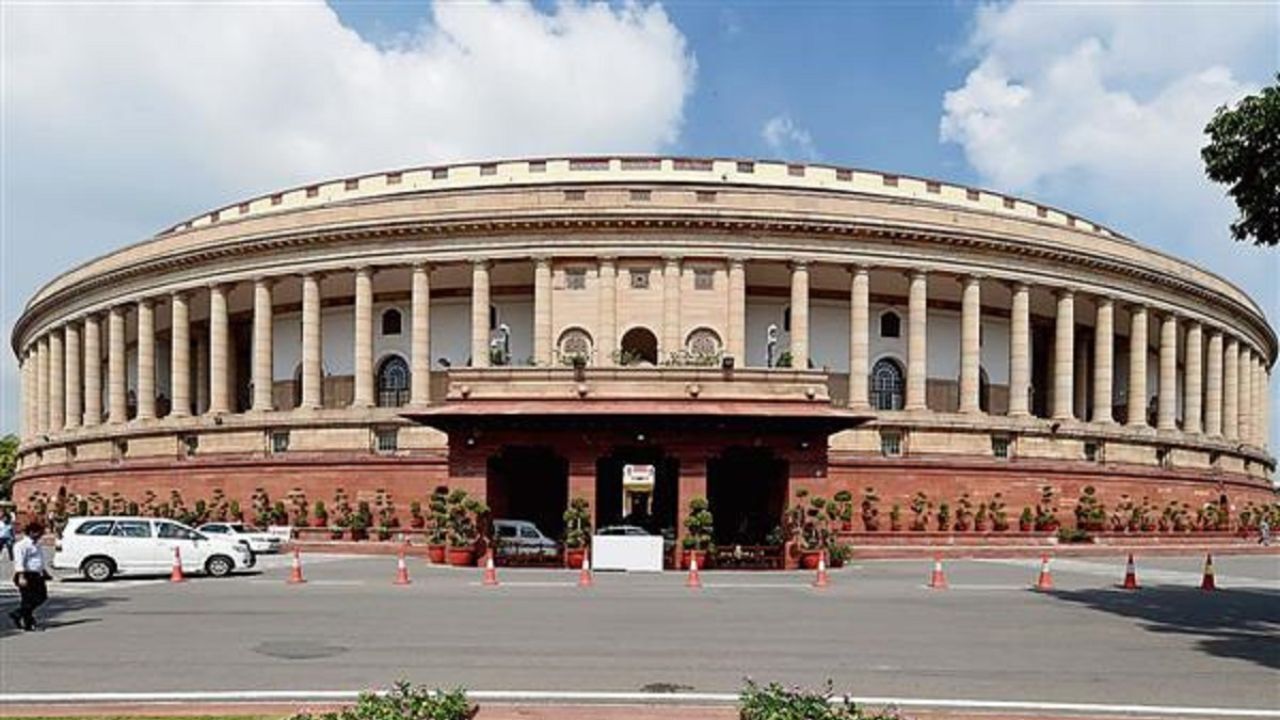Stick to the business

The monsoon session of the Parliament, in which the government generally tries to push for optimal legislative business, will commence today and continue till August 12 — holding 18 sittings overall. During this time period, India will go through presidential and vice-presidential polls as well. To add more to the context, the Opposition — by stoking controversy over the new circular extending the list of unparliamentary words — has hinted towards a stormy session. It goes without saying that in the intervening period between the last Parliamentary session and the current one, a plethora of issues have cropped up which the Opposition will, and should, raise in the Parliament. The challenge ahead of all the parliamentarians and presiding officers will be to balance between: legislative and non-legislative businesses; productivity and quality debates; and criticism and consensus. On the legislative side, apart from listing eight of the 35 pending bills for consideration and passing, the government has scheduled 24 new bills for introduction. Six of these 24 bills are to be introduced under the Ministries of Finance, Commerce and Corporate Affairs. The Insolvency and Bankruptcy Code (Amendment) Bill, 2022 seeks to amend the Insolvency and Bankruptcy Code, 2016 by incorporating provisions on cross-border insolvency and tweaking resolution and liquidation processes of corporate insolvency. The Multi-State Cooperative Societies (Amendment) Bill, 2022 is another important legislation that seeks to rationalise the government's role in multi-state cooperatives in order to ensure their autonomy and competitiveness. The Geographical Indications of Goods (Registration and Protection) (Amendment) Bill, 2022 aims to simplify the GI registration process. Then there is the Competition (Amendment) Bill, 2022 which may tweak the governing structure of the CCI. Of another six bills to be introduced under the Ministries of Home Affairs, Security, Law, Strategic Affairs and Social Justice — the prominent ones include the Cantonment Bill, 2022 and the Trafficking of Persons (Protection, Care and Rehabilitation) Bill, 2022. Furthermore, two separate Constitution Amendment Orders aimed at revising the list of SCs and STs in Chhattisgarh, and STs in Tamil Nadu, are also to be introduced. It is heartening to note that the government is planning to introduce five new bills in the health and education sectors. Most of these bills are aimed at setting up and reforming institutions — the Central Universities (Amendment) Bill, 2022 seeks to set up a Central Tribal University in Telangana; the National Dental Commission Bill, 2022 will institute a National Dental Commission; and the National Nursing and Midwifery Commission Bill, 2022 seeks to establish a National Nursing and Midwifery Commission. The Ministry of Information and Broadcasting is set to introduce the Press and Registration of Periodicals Bill, 2022 — which will replace the 155-year-old Press and Registration of Books Act. The bill might come under heated debate as one of its aims is to bring digital media under the ambit of the law. The Ancient Monuments and Archaeological Sites and Remains (Amendment) Bill, 2022 — to be introduced under the Ministry of Culture — is expected to bestow more powers to the Archaeological Survey of India. Furthermore, three bills related to the environment, mining and energy may require a close watch. While the Forest (Conservation) Amendment Bill, 2022, deals with the applicability of the Act and restructures the approval process, the Mines and Minerals (Development and Regulation) Amendment Bill, 2022 is focussed on ensuring better ease of doing business in the sector. Furthermore, the government is set to introduce the Energy Conservation (Amendment) Bill, 2022, which seeks to introduce a regulatory framework for carbon trading and enhance the use of renewable energy sources. Apart from these new bills, some of the eight pending bills scheduled for consideration in this session are also of great importance. The parliamentary debates on the Weapons of Mass Destruction and their Delivery Systems (Prohibition of Unlawful Activities) Amendment Bill, 2022 and the Inter-State River Water Disputes (Amendment) Bill, 2019 — both of which were already passed by the Lok Sabha — will be worth watching. Then again, The Maintenance and Welfare of Parents and Senior Citizens (Amendment) Bill, 2019, and the National Anti-Doping Bill, 2021 — both of which have been through standing committees — will also be keenly followed. Apart from these important legislations, the Opposition parties certainly have a broad spectrum of controversial issues — ranging from demolition of encroachments to arrest of Mohammad Zubair — all of which deserve Parliament's time. Parliament is neither merely a law-producing body nor a space to score political brownies through baseless criticisms. Assessing its 'productivity' only in terms of bills passed will be a grave misconception. Equally wrong will be to deliberately hinder its operations for purely political purposes. Parliament, as an institution, is representative of the people of India. Its time and resources need to be optimally deployed to serve people's interests. To do so, both the opposition and the proposition need to deeply introspect their constitutional roles, simultaneously. Their failure in duly serving people's interests may be seen as a nation's misfortune.



